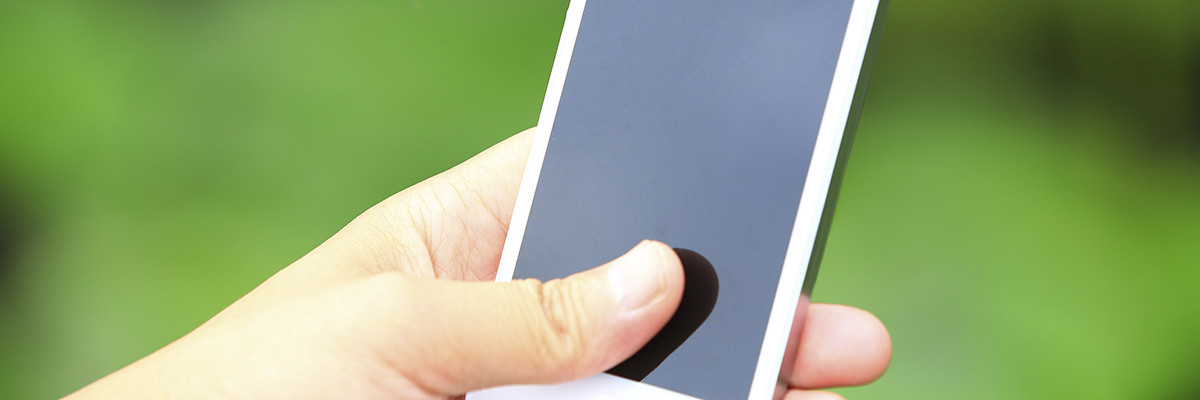
Authors
-
Brooke Avory
Former Manager, BSR
Brooke Avory, Manager, Partnership Development and Research, BSR
Mobile technology is changing the way individuals all over the world access information. In developing economies, having convenient access to information can be powerful, such as giving small-business holders access to financial services and providing information on weather patterns and crop prices to farmers—and this list goes on.
Mobile technologies can also help solve health challenges. According to a recent global Time Mobility Poll, mobile technology made it easier for 73 percent of respondents to access information that is important to maintain their health and the health of their families. In China and Indonesia, this number was 90 percent.
Earlier this month, BSR launched an initiative in China with Qualcomm’s Wireless Reach Program and Thundersoft to explore how mobile technology could be applied to our HERhealth program, which offers peer-to-peer health training to women working in factories.
In China, women comprise more than 44 percent of the manufacturing workforce and make up a greater percentage of workers in light manufacturing such as the garment and textiles industries. A BSR report found that the majority of women in the sector are 18- to 25-year-old, undereducated migrants who moved from rural areas to cities for jobs. Many suffer from poor hygiene, inadequate pre- and post-natal care, sexual violence, and exposure to infections and illness, including sexually transmitted and other preventable diseases. The standard of care at factory clinics varies significantly, and few factories provide adequate health training for women workers.
In China, BSR’s HERhealth has been running for the past eight years and has reached more than 100,000 women workers in more than 200 factories. Through this new program, Mobilizing HERhealth, we will offer 2,000 women workers access to healthcare information to reduce health risks and enhance their well-being. First, we will develop a mobile-phone-based application with HERhealth materials to be piloted in two factories, and in September, we will assess how 3G solutions can support worker health more broadly in up to 10 factories. We will also evaluate how factory clinics can increase their connectivity to local health services.
We plan to share the results of this pilot in early 2015 to help other companies understand how this technology can be applied in their supply chain factories.
BSR’s latest sustainability insights and events straight to your inbox.
Let’s talk about how BSR can help you to transform your business and achieve your sustainability goals.